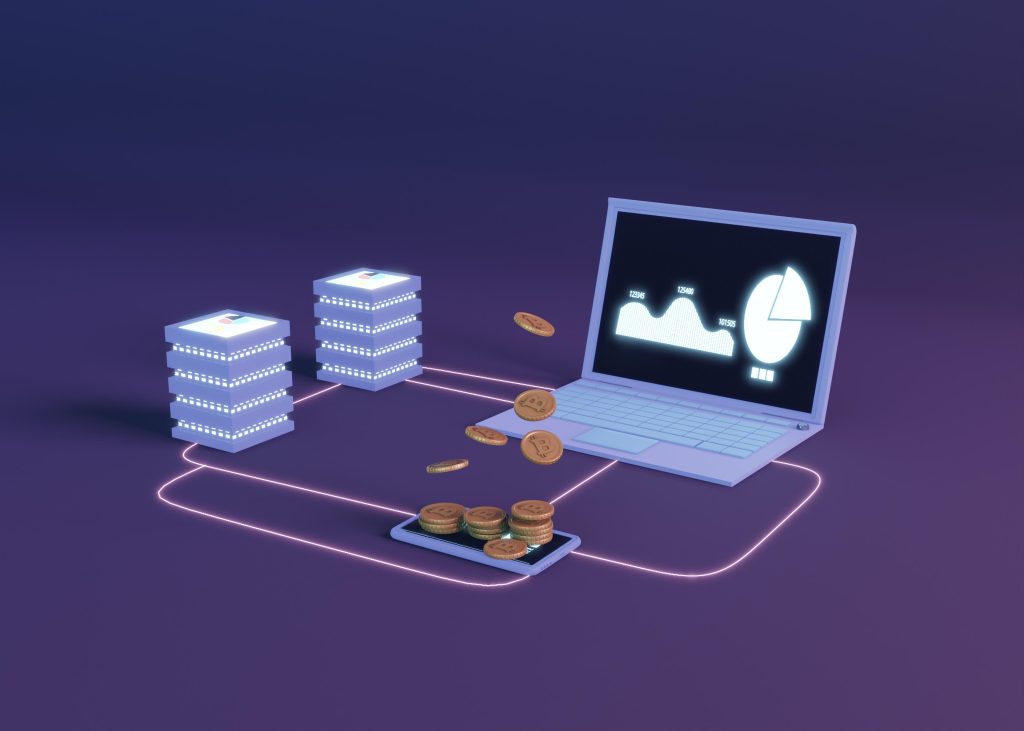In recent years, Decentralised Finance (DeFi) has burgeoned, entrenching its importance in the financial industry and casting a potent influence on how we interact with money. The work of a DeFi development company becomes crucial as it shapes this cutting-edge financial avenue. DeFi simplifies financial interactions by excluding the traditional, centralised intermediaries such as banks and insurance companies, employing blockchain technology instead.
A DeFi development company immerses itself in building applications (dApps) and platforms that facilitate financial transactions in a decentralised manner. This allows for financial processes like lending, borrowing, and trading to be conducted without a central authority. Let’s explore, in an easy-to-understand way, what the work of a DeFi development company generally entails.
Unlocking Financial Accessibility
DeFi applications proffer financial inclusivity, offering financial services to those who may be excluded from the traditional banking system. DeFi development companies build platforms where transactions occur directly between participants through smart contracts—self-executing contracts with the terms directly written into code, removing the need for an intermediary.
Smart Contract Development
Smart contracts are the bedrock of any DeFi application. They autonomously validate, enforce, and execute agreements when predetermined conditions are met. DeFi developers spend a substantial amount of their time creating and testing smart contracts to ensure that they are secure and operate as intended. The safety and reliability of a DeFi platform depend significantly on the robustness of its smart contracts.
Ensuring Impeccable Security
One pivotal aspect of the work done by DeFi development companies is ensuring that the platforms and applications they build are secure. Given that DeFi platforms handle financial transactions, they are often prime targets for hackers. Developers utilise various security protocols and regularly conduct audits and penetration testing to identify and rectify vulnerabilities, aiming to safeguard users’ funds and data.
Usability and Interface Design
DeFi applications need to be user-friendly to gain adoption among a wider audience. A DeFi development company also involves designers who work on creating intuitive interfaces that make platforms accessible and easy to navigate even for non-tech-savvy users. Ensuring that users can seamlessly execute transactions, manage their investments, and navigate through the platform is vital for its success.
Token Development and Management
Many DeFi projects involve creating a native cryptocurrency or token which is used for transactions within the platform. DeFi developers build and manage these tokens, ensuring that they are integrated into the platform and can be easily traded or used within the ecosystem. This also involves ensuring that the token adheres to standard protocols and is compatible with various wallets and exchanges.
Regulatory Compliance
Navigating the regulatory environment is crucial for the survival and credibility of any DeFi project. Compliance officers and legal advisors within a DeFi development company ensure that the platform adheres to local and international regulations. This could involve ensuring that the platform conducts proper Know Your Customer (KYC) and Anti-Money Laundering (AML) checks and complies with tax regulations.
Community and Network Building
Engaging with the community and establishing a network is intrinsic to the success of a DeFi project. Development companies often have teams dedicated to community management, outreach, and education to build a supportive user base and foster growth. They communicate updates, gather feedback, and ensure that the needs and expectations of the community are being met.
Continuous Improvement and Support
Post-launch, DeFi development does not stall. Continuous improvement, addressing user feedback, implementing updates, and providing user support are persistent tasks. Developers roll out updates to enhance functionality, fix bugs, and optimise user experience, while support teams assist users and troubleshoot issues.
In a nutshell, the work of a DeFi development company is multi-faceted, combining technological development, security assurance, user experience optimisation, regulatory adherence, and community building.
Image supplied by Freepik
Written by Karen Rutherford


